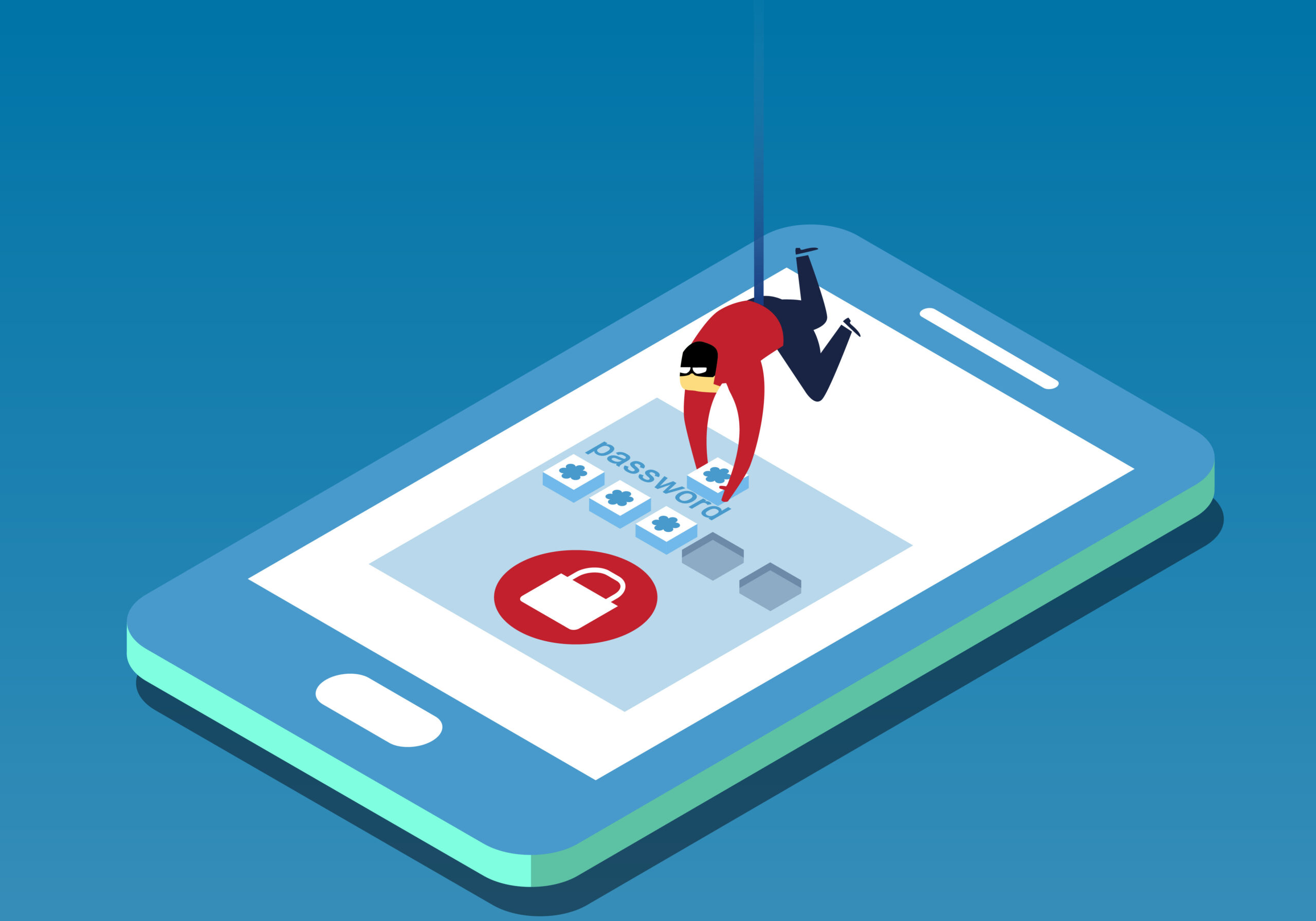We all know how convenient it is to arrive at the nearest coffee shop, tap into the Public Wi Finetwork and start checking our mail,or how useful it is to sort out a thing or two from work while we wait for our flight to be called, taking advantage of the airport’s free wireless service. However, this convenience is precisely what keeps us from realizing how dangerous these Wi Fi hotspots can turn out to be. This doesn’t mean we shouldn’t use them; it merely points out the needwe have of knowing how they work, which are the risks associated with them and how to prevent any misfortune from happening.
The freedom offered by Wi Fi technology is a double-edged sword and is up to the users to do whatever they can to protect themselves.
How does Wi Fi work?
Wi-Fi is the name of a commercial brand that designates a technology able to link computers (and mobile devices) without wires for data transferring.
In order to accomplish this, the computer’s wireless adapter transforms data (which is originally in a binary code) into radio waves. This signal is then transmitted by an antenna to a wireless router that translates it again to binary code and sends it to the Internet through a physical connection. The same process applies the other way around.
“The freedom offered by Wi Fi technology is a double-edged sword and is up to the users to do whatever they can to protect themselves”
Having said that, we can understand how easy it can be to intercept that stream of data that “floats” around when we sign in a public wireless service.
Today, anybody with a Wi-Fi equipped laptop can download a Wi-Fi monitoring program for free and start watching (and stealing) the data traffic that takes place in one of these wireless hotspots (coffee shops, airports, hotels and others), even from 100 feet away.
Also, there is the risk of running into an “evil twin” or “spoof”: hackers equipped with off-the-shelf routers that can set up a fake Wi Fi signal that mimics popular paid services, luring unaware users into connecting to them. Then the hacker can watch all Internet traffic and even ask for credit card information, posing as any kind of deal that requires a payment in order to access it.
That is what it boils down when it comes to signal interference. However, another factor comes into play to make matters even more delicate. Since public Wi Fi networks are almost always unencrypted (encryption being the process by which the transmitted data gets translated into a special code that only your computer and the server can understand), it is even easier for a crook to take advantage of any information that he or she could steal along the way.
Top Safety Tips:
Identifying Rogue Access Points
Let’s say you go into your nearest coffee shop, turn on your laptop and the first thing that pops into your screen is a “free” Wi Fi network inviting you to connect to it. Before you do so, look around and see if there is a sign that advertises such a service. If there isn’t, chances are you are in the presence of a spoof, intended to attract the incautious.
Also, if your Web browser says the security certificate is invalid or if a prompt asks you to re-enter your user name, log off and shut down your computer.
Finally, connect only to a Wi Fi service that is protected by a password, even if you have to pay for it. This does not guarantee your safety (remember that these passwords are shared and anyone can access the network), but it is definitely safer than an unprotected service.
Avoid Visiting Certain Websites
Even if you’ve confirmed the soundness of the public network you are connecting to, you should restrain yourself from visiting websites that require a username and a password to log in, such as social networks and financial institutions. It’s just better to wait until you are in a private and secure network to do so.
Read also: 10 Actions You can Take Right Now To Improve Your Computer Security: Am I really at risk?
You should also use a secure browser connection. You can verify this by looking for the “https” protocol on your address bar. If it does appear,it means that the communication between your browser andthe serveris protected by some kind of encryption, although not every site offers this option.
Use Your Own Encryption Software
As we have said, not every webpage offers the secure https option. But you can use other encryption options, such as aVirtual Private Network or VPN.
VPN is softwarethat allows you to encrypt your data traffic, with the following advantage: https is only applicable to your browser-based traffic while, with VPN, all traffic from any application in your computer is encrypted.
Read also: Five Tips To Protect your Personal and Financial Information on The Internet and A Surprise for You.
Personal VPNs can be found on the web, but you should expect to pay a small amount for their usage.
Extra Safety Tips
– Turn of any sharing option that could be used to access your computer.
– If your computer has firewalls, use them.
– Create a strong, random password and change it often. Also, avoid using the same password for more than one website or application.
– For instant messaging, use a service that secures your chats, like Skype and Google Talk.
At Premier Consumer we hope to have given you the necessary tools to make your online experience more productive andsafe.








